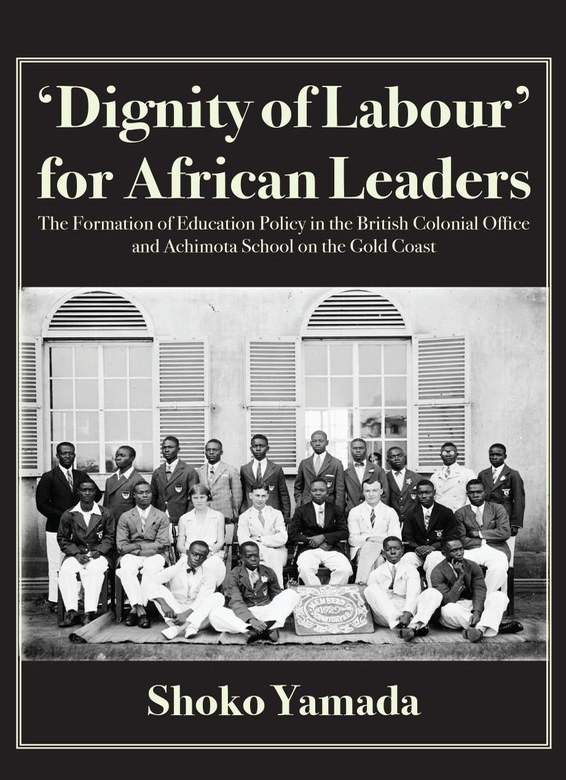written by Shoko Yamada
The Formation of Education Policy in the British Colonial Office and Achimota School on the Gold Coast
From 1910 to the 1930s, educating Africans was a major preoccupation in the metropole and in the colonies of imperial Britain. This richly researched book untangles the discourse on education for African leaders, which involved diverse actors such as colonial officials, missionaries, European and American educationists or ideologues in Africa and diaspora. The analysis is presented around two foci of decision-making: one is the Memorandum on Education Policy in British Tropical Africa, issued by the British Colonial Office in 1923; another is the Achimota School established on the Gold Coast Colony (present-day Ghana) as a model school in 1927. Ideas brought from different sources were mingled and converged on the areas where the motivations of actors have coincided. The local and the global was linked through the chains of discourse, interacting with global economic, political and social concerns. The book also vividly describes how the ideals of colonial education were realized in Achimota School.
| ISBN | 9789956550005 |
| Pages | 346 |
| Dimensions | 229 x 152mm |
| Published | 2018 |
| Publisher | Langaa RPCIG, Cameroon |
| Format | Paperback |





3 comments
“This is a succinct account of colonial policy and practice on education, and development of the Gold Coast within the context of the historically symbolic and world-famous Achimota School. It is an imperative for anyone interested in the intersections of education and development, both in the past and present….”
Professor Yaw Ofosu-Kusi, Department of Social Studies, University of Education, Winneba, Ghana
“Focusing on “character education” in colonial Ghana, this volume is the culmination of “triangulated” research grounded in the perspective of Africa—Western Europe—Japan that fundamentally examines “education” as praxis and systems, transcending the simplistic theoretical binary of colonizer and colonized.”
Professor Motoji Matsuda, Department of Sociology, Graduate School of Letters, Kyoto University, Japan, President, Japanese Society for Cultural Anthropology
“This is a major contribution to our understanding of the complex nature of colonial education in general, and in relation to the Gold Coast/Ghana, in particular. Equally important it situates the historical development of British colonial educational policy within the nexus of educational debates of the time, with a great deal of emphasis on the ambiguity of that policy – at the broad political and ideological level and in the specific context of the Gold Coast and the unique educational experiment located at Achimota from 1927.”
Peter Kallaway, Professor Emeritus, University of Western Cape, South Africa